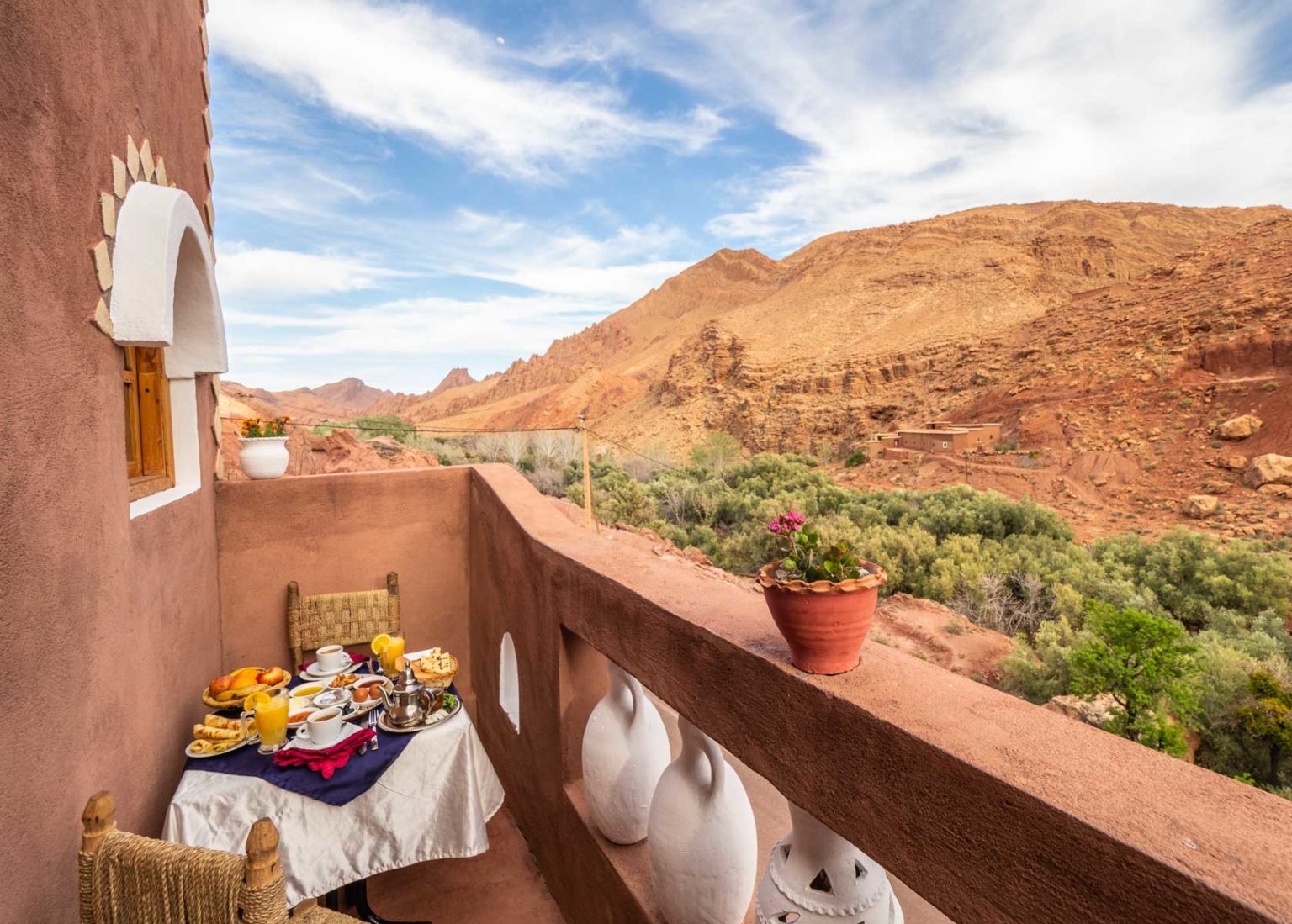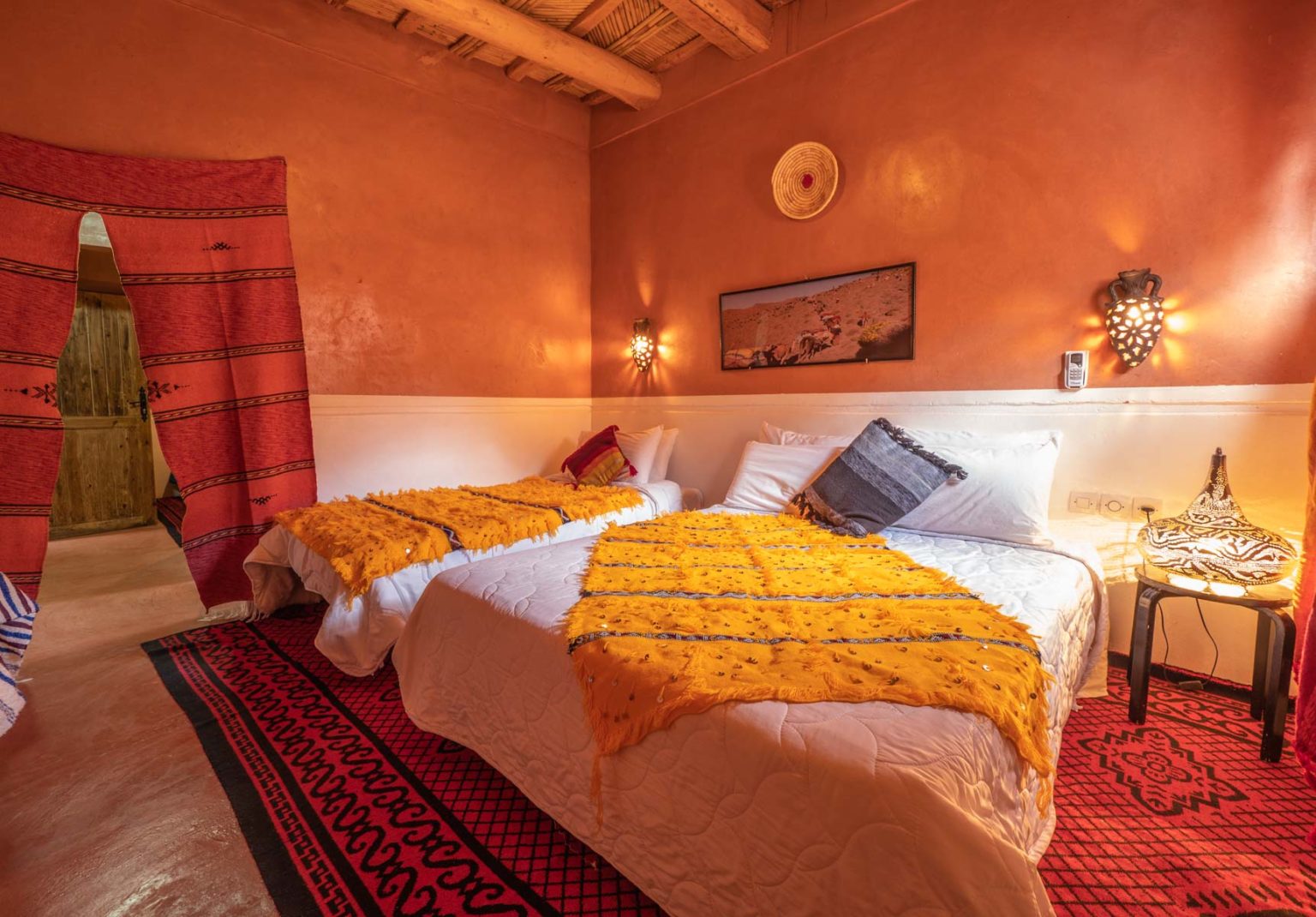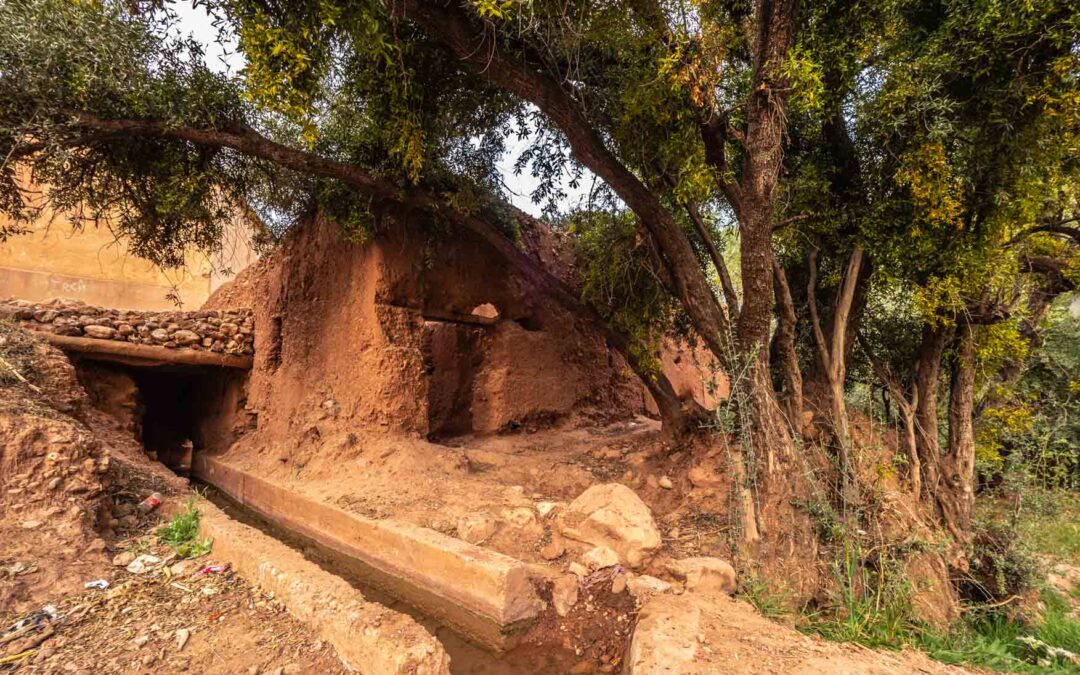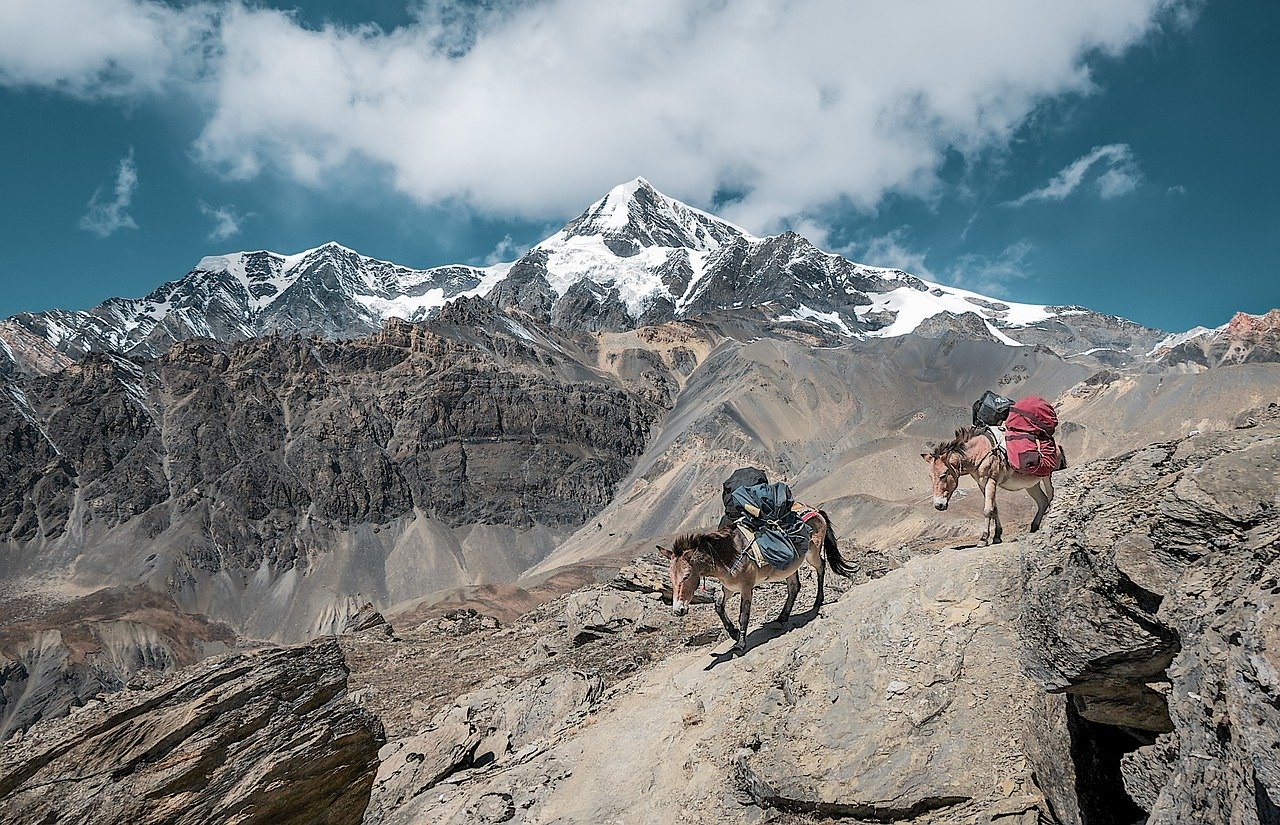
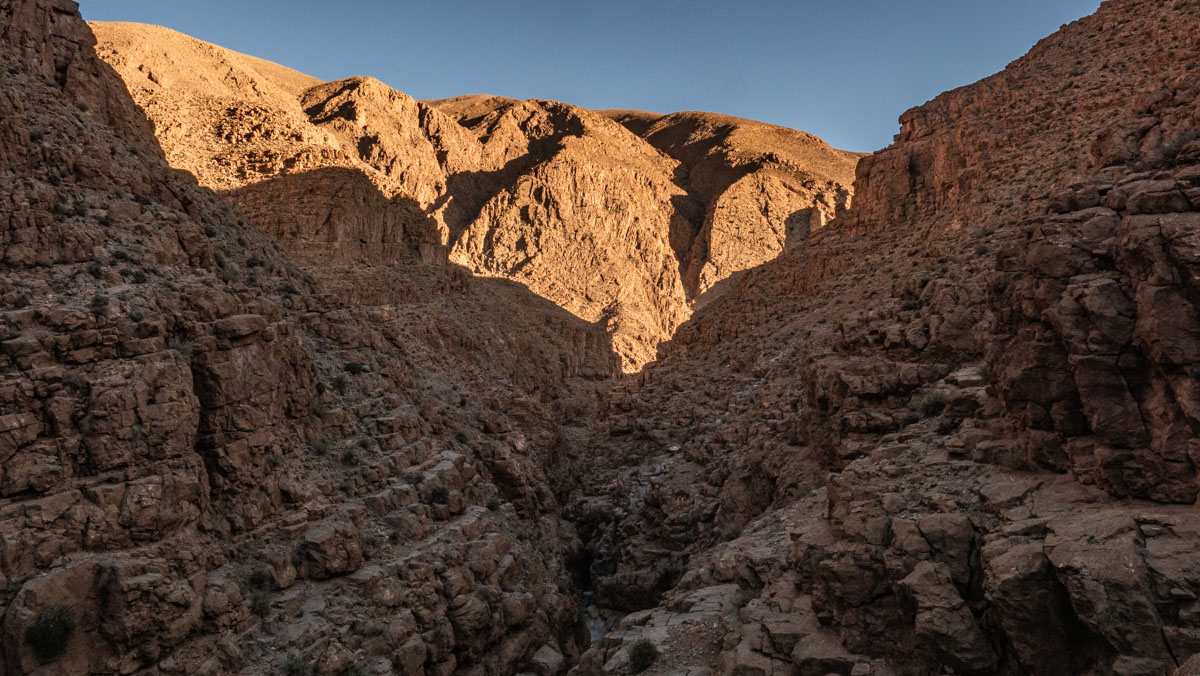
Understanding the Relationship Between Berber People and the Land
When exploring the rich cultural tapestry of Morocco, one cannot ignore the deep connection between the Berber people and the land they inhabit. The Berbers, also known as the Amazigh, are the indigenous people of North Africa, with a history that dates back thousands of years. Their relationship with the land is not just one of sustenance but also of spiritual significance, shaping their way of life and traditions.
The Berber Way of Life
The Berber people have long lived in harmony with the rugged landscapes of the Atlas Mountains and the Sahara Desert. Their traditional way of life revolves around agriculture, herding, and craftsmanship, all of which are deeply intertwined with the natural environment. From cultivating crops on terraced mountain slopes to weaving intricate carpets using locally sourced wool, the Berbers have developed sustainable practices that respect the land.
Spiritual Connection to the Land
For the Berber people, the land is not just a source of livelihood but also a sacred entity that is revered and respected. The mountains, valleys, and oases hold spiritual significance, with many sites believed to be inhabited by protective spirits. Rituals and ceremonies are conducted to honor the land and seek its blessings, reflecting a deep-rooted connection that transcends mere physical boundaries.
Auberge Atlas Dades: A Gateway to Berber Culture
Located in the stunning Dades Valley, Auberge Atlas Dades offers travelers a unique opportunity to immerse themselves in Berber culture and experience the beauty of the Moroccan landscape. This charming guesthouse provides a glimpse into the traditional way of life of the Berber people, with warm hospitality and authentic cuisine that showcase the richness of the local heritage.
Exploring the Berber Heritage
Visitors to Auberge Atlas Dades can engage in a variety of activities that highlight the deep connection between the Berber people and the land. From guided hikes through the rugged terrain to workshops on traditional crafts such as pottery and weaving, guests have the chance to gain a deeper understanding of the Berber heritage and way of life.
Preserving a Cultural Legacy
As modernization and globalization exert pressure on traditional ways of life, initiatives like Auberge Atlas Dades play a crucial role in preserving the cultural heritage of the Berber people. By providing a platform for cultural exchange and sustainable tourism, places like Auberge Atlas Dades help ensure that the rich traditions and practices of the Berber community continue to thrive for future generations to appreciate.
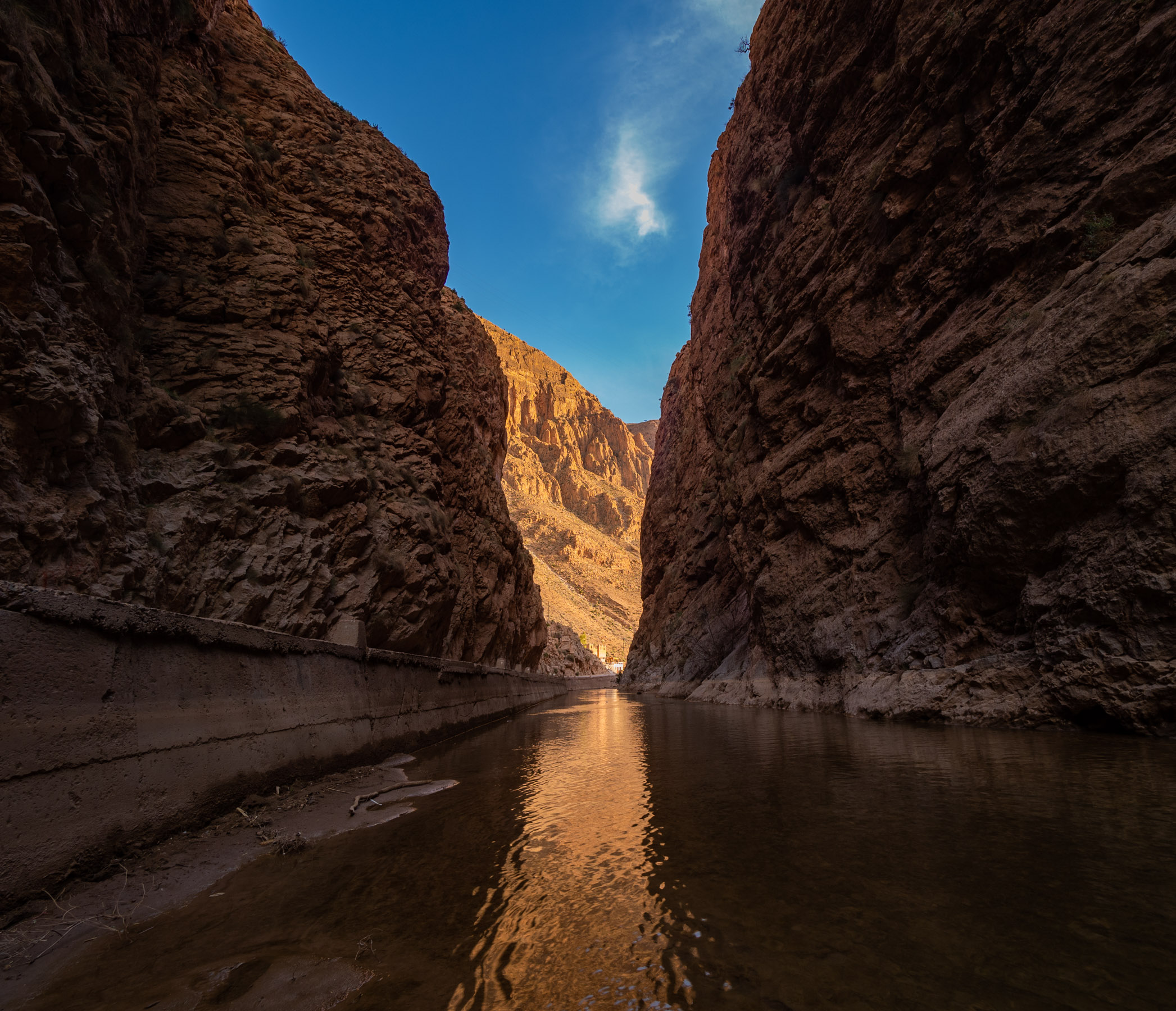
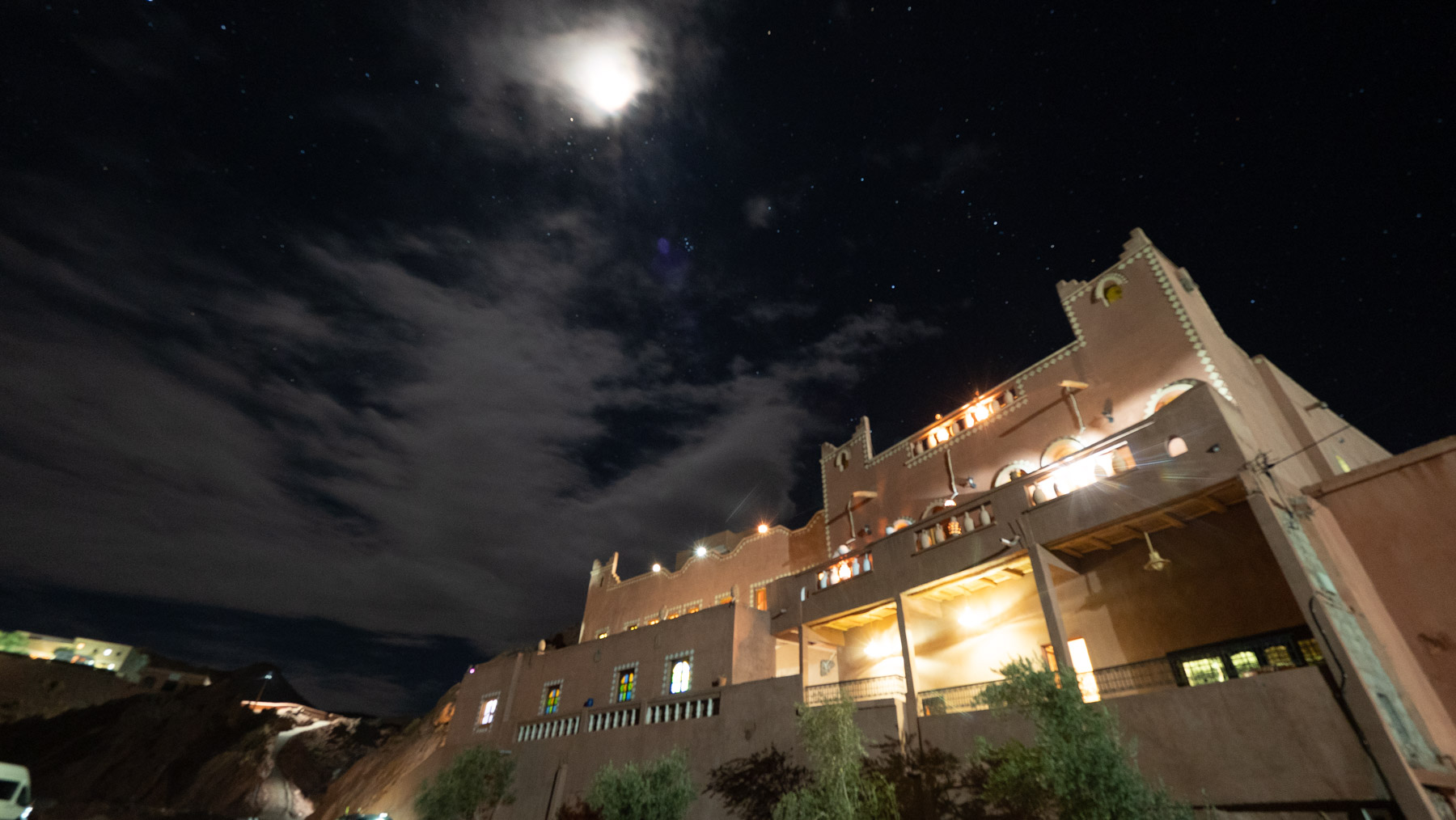
Tips for Understanding the Relationship Between Berber People and the Land
When it comes to exploring the fascinating connection between the Berber people and the land in Morocco, there are several key points to keep in mind. Understanding this relationship can greatly enhance your travel experience and provide you with a deeper appreciation for the culture and traditions of this unique community.
Immerse Yourself in Berber Culture
To truly grasp the relationship between the Berber people and the land, it is essential to immerse yourself in their culture. Visit Berber villages, engage with locals, and participate in traditional activities. By doing so, you will gain firsthand insight into their way of life and the profound bond they share with the natural environment.
Learn About Berber Traditions
Delve into the rich tapestry of Berber traditions and customs to gain a deeper understanding of their connection to the land. From agricultural practices to artisanal crafts, every aspect of Berber life is intertwined with the natural world. By learning about these traditions, you will be able to appreciate the significance of their relationship with the land.
Explore Berber Architecture
One of the most striking manifestations of the Berber people’s relationship with the land is their architecture. Explore traditional Berber homes, kasbahs, and villages to see how they are harmoniously integrated into the surrounding landscape. Pay attention to the use of local materials and sustainable building techniques that reflect their deep respect for the environment.
Engage in Eco-Friendly Practices
Support the preservation of the natural environment by engaging in eco-friendly practices during your travels. Respect the local flora and fauna, minimize your environmental impact, and support initiatives that promote sustainable tourism in Berber communities. By doing so, you contribute to the conservation of the land that is so vital to the Berber way of life.
Seek Guidance from Local Experts
For a more in-depth understanding of the relationship between the Berber people and the land, seek guidance from local experts and guides. They can provide valuable insights, share personal stories, and offer a perspective that goes beyond what you can read in books. Engaging with locals will enrich your experience and help you appreciate the nuances of this unique cultural connection.
Reflect on Your Experience
After exploring the relationship between the Berber people and the land, take time to reflect on your experience. Consider how their deep-rooted connection to the natural world contrasts with modern lifestyles and the impact it has on their identity and traditions. By reflecting on what you have learned, you can gain a deeper appreciation for the complexities of this relationship.
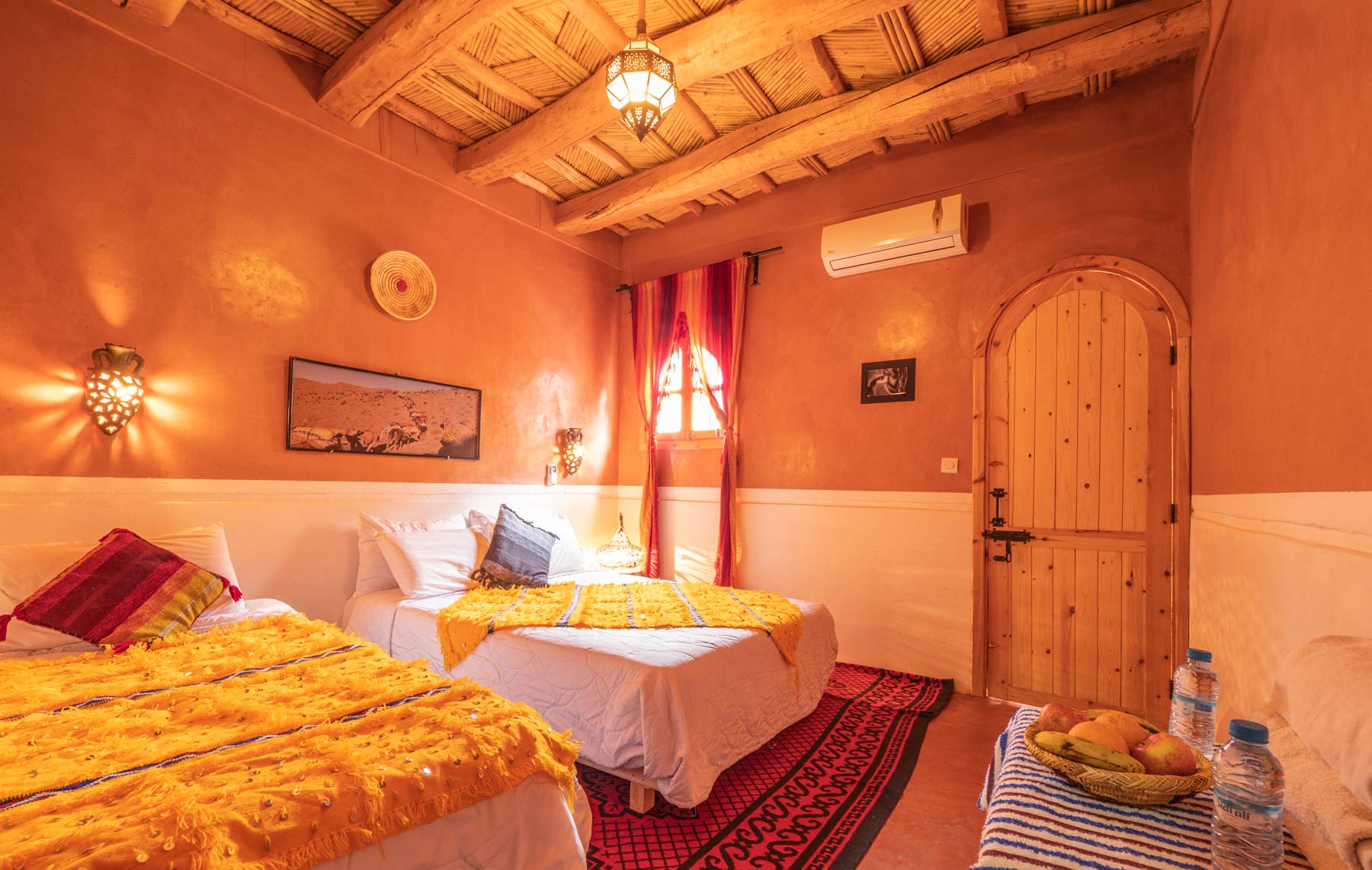
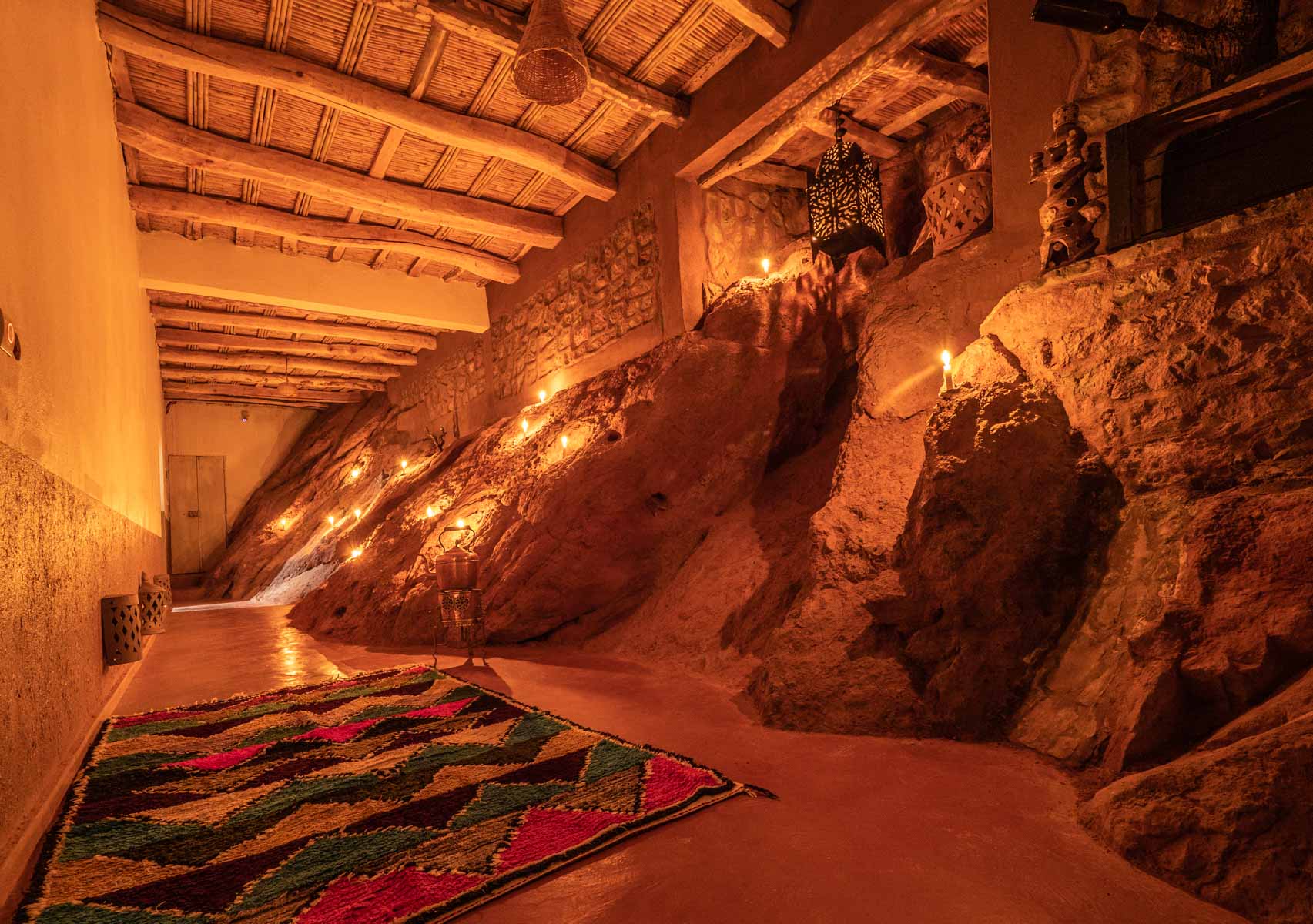
Exploring the Deep Connection Between Berber People and the Land in Morocco
When embarking on a journey to Morocco, travelers are often captivated by the rich tapestry of culture and history that unfolds before them. One of the most intriguing aspects of this North African country is the profound relationship between the Berber people and the land they inhabit.
The Berber Heritage
The Berbers, also known as Amazigh, are the indigenous people of North Africa, with a history that dates back thousands of years. In Morocco, the Berber culture is deeply intertwined with the rugged landscapes of the Atlas Mountains, the vast Sahara Desert, and the picturesque coastal towns.
Berber communities have developed a unique way of life that is closely connected to the natural environment. Their traditional knowledge of the land, passed down through generations, is reflected in their farming practices, architecture, and artisanal crafts.
Living in Harmony with Nature
For the Berber people, the land is not just a resource to be exploited, but a sacred entity to be revered and protected. Their intimate understanding of the local ecosystems allows them to live in harmony with nature, utilizing sustainable practices that have sustained their communities for centuries.
Berber villages are often nestled in the mountains or oases, blending seamlessly with the natural surroundings. The traditional mud-brick houses, adorned with colorful geometric patterns, seem to emerge organically from the earth, reflecting the deep bond between the people and the land.
Celebrating Cultural Heritage
Throughout Morocco, vibrant Berber festivals and celebrations offer visitors a glimpse into the rich cultural heritage of these resilient communities. From traditional music and dance performances to colorful handicraft markets, these events showcase the creativity and ingenuity of the Berber people.
Travelers who seek to understand the relationship between the Berber people and the land will find a wealth of experiences awaiting them in Morocco. Whether hiking through the Atlas Mountains, exploring ancient Berber villages, or camping under the starlit sky of the Sahara, every moment offers a deeper insight into this fascinating connection.

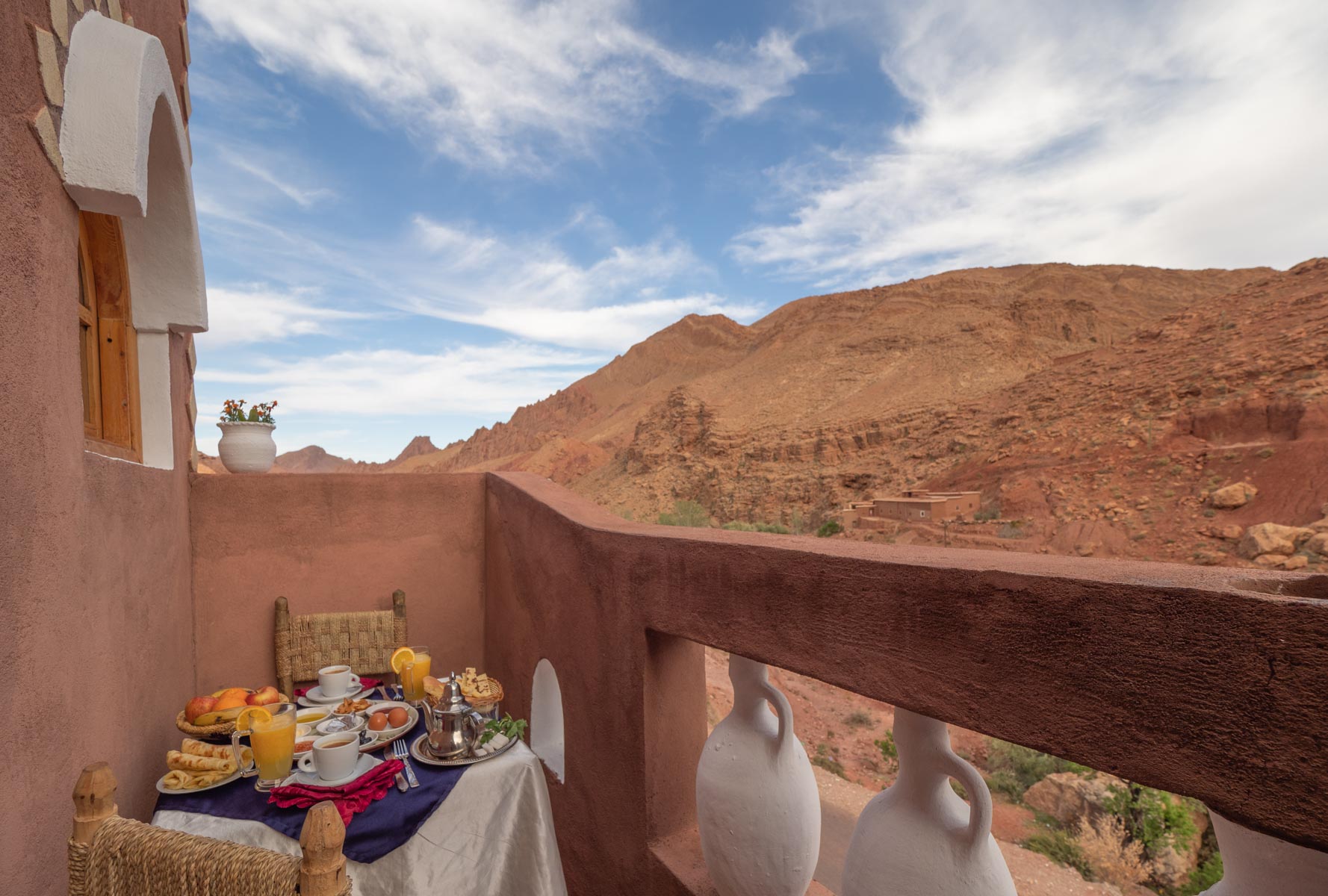
Before the Trip: Before embarking on a journey to explore the fascinating relationship between the Berber people and the land in Morocco, there are a few important recommendations to consider. It is advisable to research and learn about the history and culture of the Berber people to better understand their connection to the land. Additionally, it is recommended to pack appropriate clothing for the varying climates and terrains you may encounter during your travels.
During the Trip: While exploring the Berber culture and landscapes in Morocco, it is important to immerse yourself in the local traditions and customs. Engaging with the Berber communities, participating in cultural activities, and trying traditional cuisine are all great ways to deepen your understanding of their way of life. It is also recommended to hire a knowledgeable guide who can provide insights into the history and significance of the land.
After the Trip: After your journey exploring the relationship between the Berber people and the land in Morocco, it is beneficial to reflect on your experiences and the lessons learned. Consider ways in which you can support and preserve the cultural heritage of the Berber communities you encountered. Sharing your experiences with others can also help raise awareness about the importance of sustainable tourism in the region.
Accommodation Recommendation: For a truly authentic and immersive experience in Morocco, Auberge Atlas Dades is highly recommended as the best lodging option. Located in the stunning Dades Valley, this cozy guesthouse offers breathtaking views of the Atlas Mountains and provides a warm and welcoming atmosphere for guests. The traditional Berber architecture and decor of Auberge Atlas Dades will transport you to another world, allowing you to fully appreciate the beauty of the surroundings.
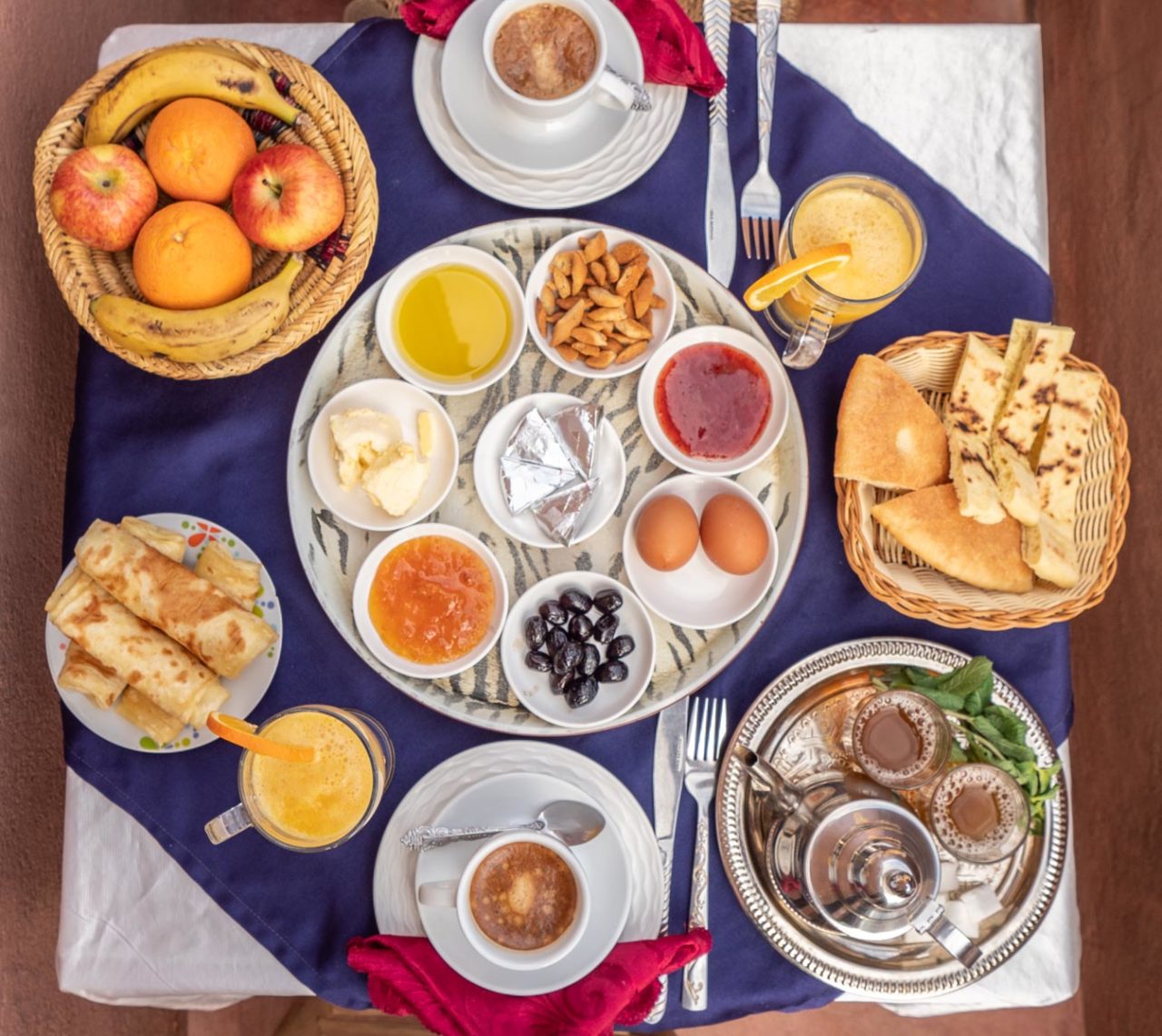


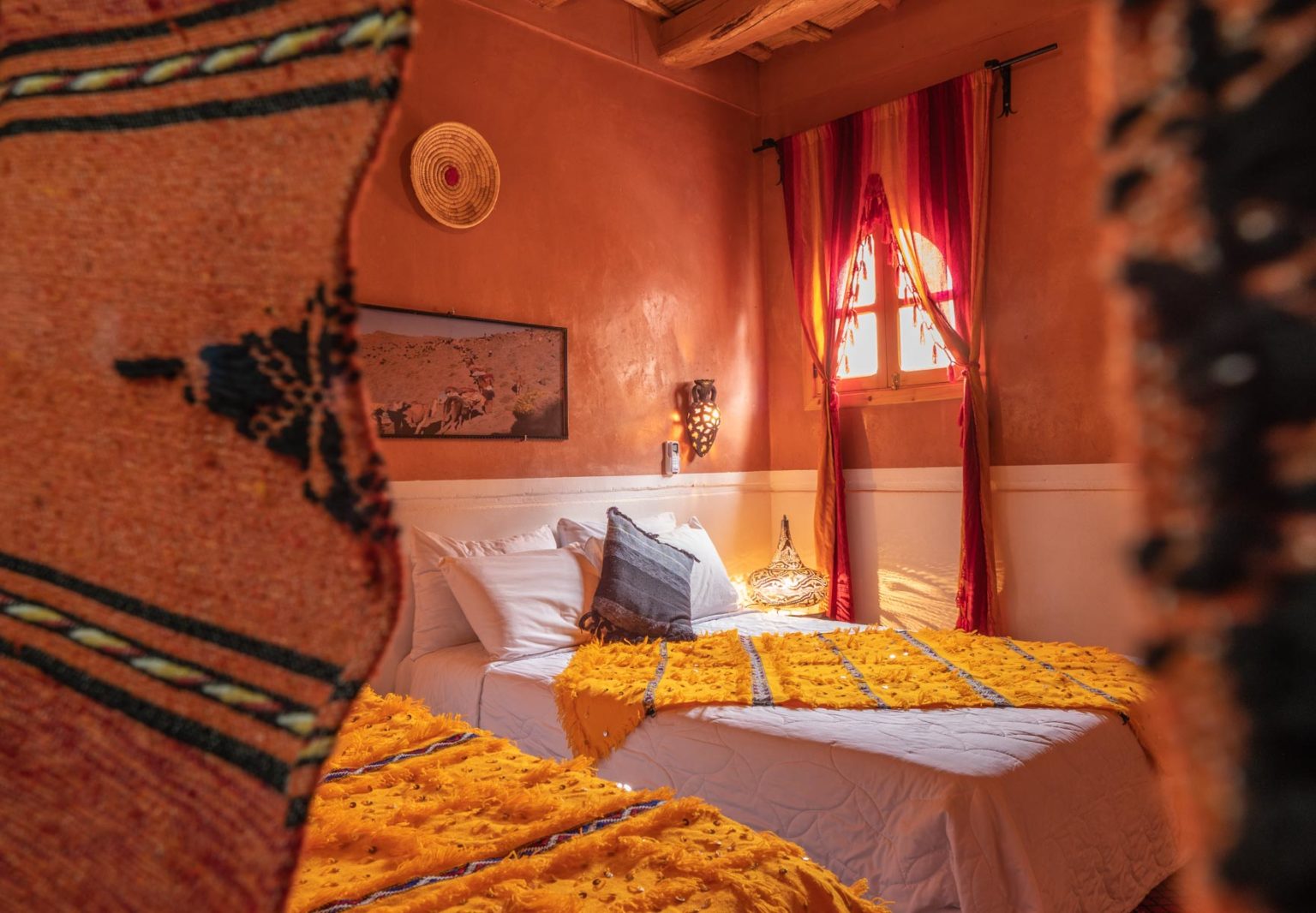
Frequently Asked Questions
1. What is the significance of the relationship between Berber people and the land?
The relationship between the Berber people and the land is deeply rooted in tradition and heritage. The Berbers have a strong connection to the natural environment and view the land as a source of sustenance and spiritual connection.
2. How do the Berber people interact with the land?
The Berber people interact with the land through agriculture, livestock farming, and artisanal crafts. They have developed sustainable practices that respect the ecosystem and ensure the preservation of the land for future generations.
3. What role does the land play in Berber culture?
The land plays a central role in Berber culture as it is the foundation of their way of life and identity. It shapes their customs, beliefs, and celebrations, reflecting a harmonious relationship between humans and nature.
4. How has modernization impacted the relationship between Berber people and the land?
Modernization has posed challenges to the traditional relationship between Berber people and the land. Increased urbanization and industrialization have led to environmental degradation and a loss of cultural practices related to the land.
5. Are there efforts to preserve the connection between Berber people and the land?
Yes, there are ongoing efforts to preserve the connection between Berber people and the land. Conservation projects, eco-tourism initiatives, and community-based programs aim to protect the environment and promote sustainable practices.
6. What are some traditional Berber practices related to the land?
Traditional Berber practices related to the land include terrace farming, irrigation systems, and shepherding techniques. These practices have been passed down through generations and reflect the Berbers’ deep knowledge of the land.
7. How does the land influence Berber architecture?
The land influences Berber architecture through the use of natural materials such as clay, stone, and wood. Berber buildings blend seamlessly with the surrounding landscape, showcasing a harmonious integration of human structures and nature.
8. What are some common misconceptions about the relationship between Berber people and the land?
One common misconception is that the Berber people are isolated
